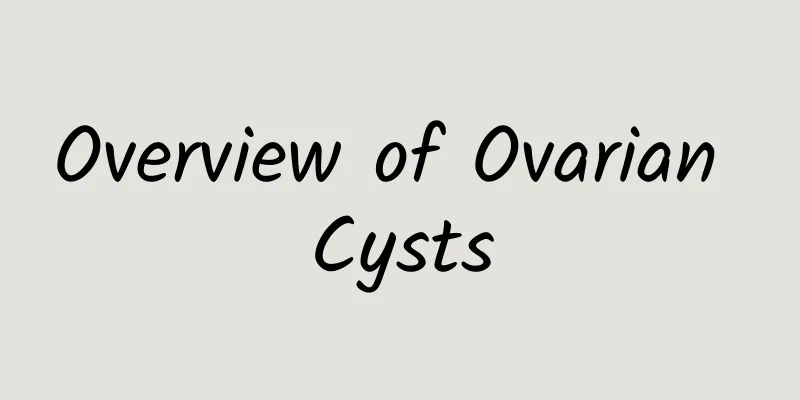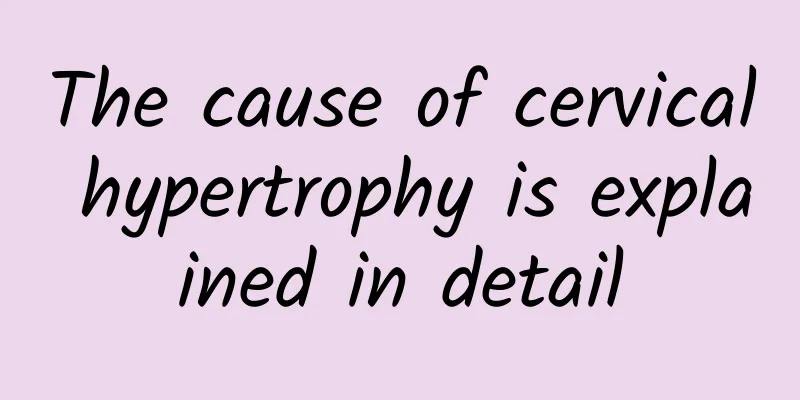Overview of Ovarian Cysts

|
Ovarian cyst is a kind of ovarian tumor in a broad sense. It can be roughly divided into functional cyst, hemorrhagic cyst, serous epithelial cyst, mucinous epithelial cyst, chocolate cyst, teratoma, ovarian cancer, endometrioid tumor and other types. It is a common tumor of the female reproductive system. The cause of the disease is still unclear. It is believed to be related to genetics, environment, living habits and mental state. The main symptoms of ovarian cyst patients are excessive and yellow leucorrhea, leucorrhea odor, menstrual disorders, sexual intercourse pain, etc. Patients often feel pain and discomfort in the lower abdomen. Due to the weight of the tumor and the involvement of the pelvic funnel ligament, they feel a sense of falling and can often feel a hard and painless mass. The waist circumference is thickened and the waist of the pants is tight. When the cyst affects the secretion of hormones, irregular vaginal bleeding and increased body hair may occur. When the cyst is large, it can compress the bladder and pelvic organs and cause frequent urination, dysuria, and constipation. Huge ovarian cysts can cause dyspnea and palpitations due to compression of the diaphragm. The diagnosis of this disease is not difficult based on the patient's clinical manifestations, combined with auxiliary examination methods such as ultrasound, laparoscopy, abdominal plain film, electronic computer tomography, intravenous pyelography, lymphangiography, etc. The benign and malignant nature of the tumor can be determined by checking antigen markers, enzyme markers and hormone markers. At the same time, it needs to be differentiated from diseases such as fallopian tube and ovarian cysts, uterine fibroids, pregnant uterus, and adnexal inflammatory masses. Ovarian cysts are very harmful to women. They may cause complications such as ovarian tumors, pedicle torsion, rupture and bleeding, and affect women's reproductive function to a certain extent. Therefore, they should be treated actively. Generally speaking, when the tumor diameter is less than 5cm, it is mostly a functional cyst. When the tumor diameter is greater than 5cm, it is mostly an ovarian tumor and requires surgical treatment. Benign ovarian cysts can be treated with ovarian cystectomy, salpingo-oophorectomy, adnexectomy and total hysterectomy; malignant ovarian cysts can be treated with radical uterine and tumor removal together with pelvic peritonectomy, and chemotherapy or radiotherapy can be performed after surgery according to the specific situation; patients with fertility requirements can undergo ultrasound-guided interventional treatment, which has little effect on fertility and ovarian function. Ovarian cysts have a certain recurrence rate, so active prevention should be taken. In daily life, we should pay attention to strengthening diet conditioning, avoid smoking and drinking, maintain an optimistic and cheerful mood and a peaceful mentality, pay attention to keeping warm, especially during menstruation, take good protection during sexual life, and avoid artificial abortion and curettage. |
<<: Excessive stress can also cause menstrual irregularities
>>: How does Traditional Chinese Medicine understand ovarian cysts?
Recommend
Eat pumpkin to lose weight. Learn these three recipes easily.
[Key Points]: Pumpkin is nutritious and healthy, ...
How to treat submucosal uterine fibroids? What is the treatment for submucosal uterine fibroids?
Everyone knows that the disease should be treated...
What are the dangers of menopause?
Menstruation will accompany women for most of the...
Reasonable choice of surgical time before abortion
Abortion can cause certain harm to women's he...
What complications may occur during abortion surgery?
In recent years, the number of abortions has incr...
Some introduction to common knowledge of painless abortion
What is the common sense about painless abortion?...
Green apples, red apples, and yellow apples: which one is the most nutritious?
The slogan "An apple a day keeps the doctor ...
The clinical manifestations of irregular menstruation are explained to you one by one
What are the clinical manifestations of irregular...
What are the main causes of dysmenorrhea?
Dysmenorrhea may be caused by diet, cold, cervici...
Can eating a lot of meat really help you lose weight? Be careful or you may lose your health and bring more hidden worries!
A few days ago, I attended a relative's weddi...
Symptoms of severe leucorrhea
Severe abnormal vaginal discharge may be a sign o...
What is the reason for easy miscarriage? There are 5 reasons
If the corpus luteum is insufficiency and the bod...
How miscarriage occurs
How does miscarriage occur? During pregnancy, you...
In what situations is artificial abortion not appropriate?
In what cases is it not suitable to have an artif...
When should I lose weight after giving birth? The most critical period is after the third month
Mothers who have been pregnant for 10 months were...









